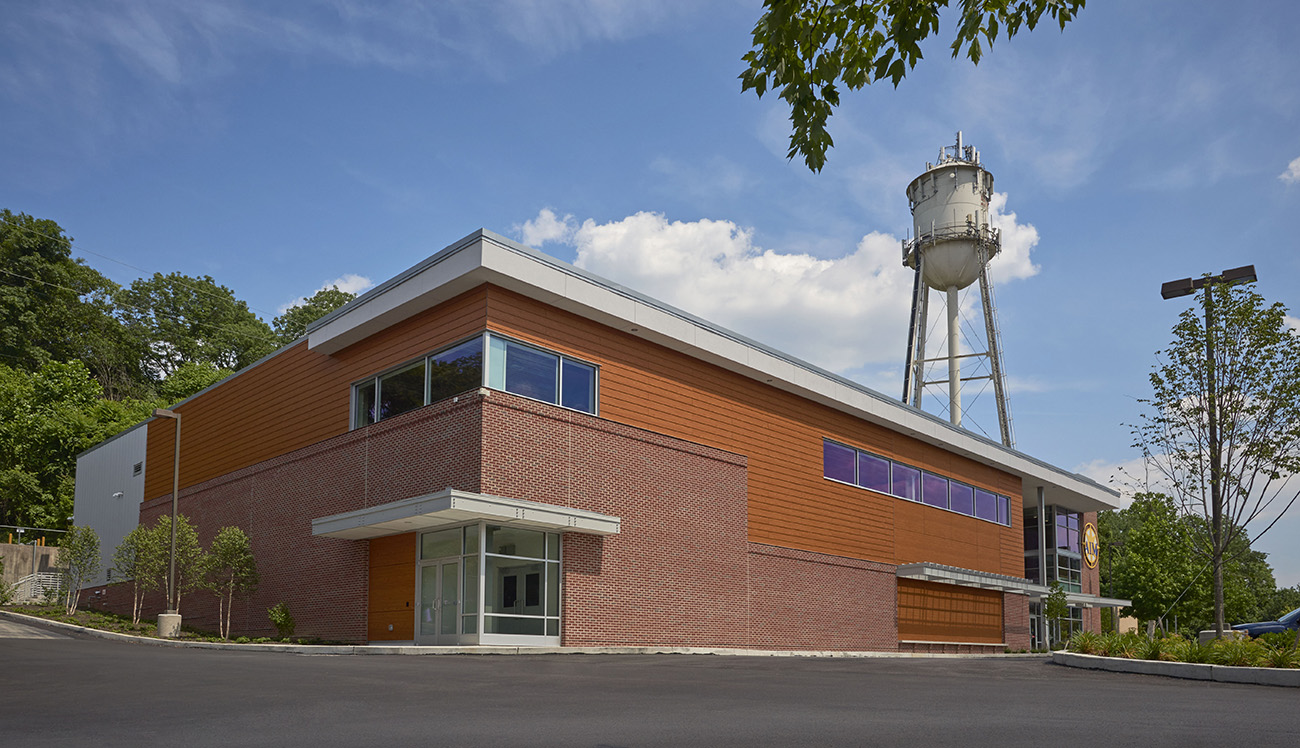


There is mounting evidence which shows theĮconomic benefits of learning an additional language. In an increasingly globalised economy, it has never been more important for our pupils toīe taught modern foreign languages.

This initiative will support the Department for Education’s ambition that 90% of year 10 pupils in state-funded schools study a combination of the core academic subjects as part of the EBacc by 2025, which includes a language. The British Council’s Languages for the future also identified that Spanish, Mandarin, French, Arabic, and German are the top 5 priority languages to improve the UK’s skills, security and influence in the world. Languages are a key part of a broad and balanced curriculum and evidence suggests learning a language has strong economic benefits, including improving international trade. The programme will deliver on the pledge made in the schools white paper to create a network of language hubs and build significantly on the previous Modern foreign languages hubs programme, which was made up of 9 lead schools. The programme will be backed by £14.9 million over the next 3 years, which will also aim to raise interest in studying German. Leading schools in language teaching will form a new Centre of Excellence, comprised of up to 25 schools, which will work with other schools to improve standards of language teaching across the country in line with the teaching methods set out in Ian Bauckham’s 2016 Modern foreign languages pedagogy review. Thousands more students will benefit from high quality language teaching as part of a programme to boost the number of pupils taking languages like French, German and Spanish at GCSE and A level.


 0 kommentar(er)
0 kommentar(er)
